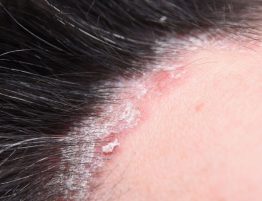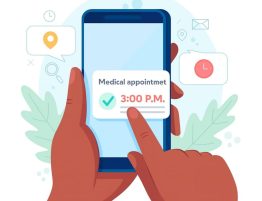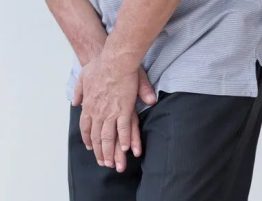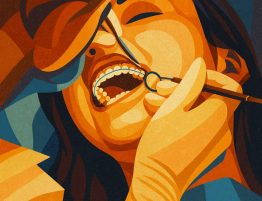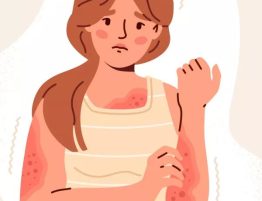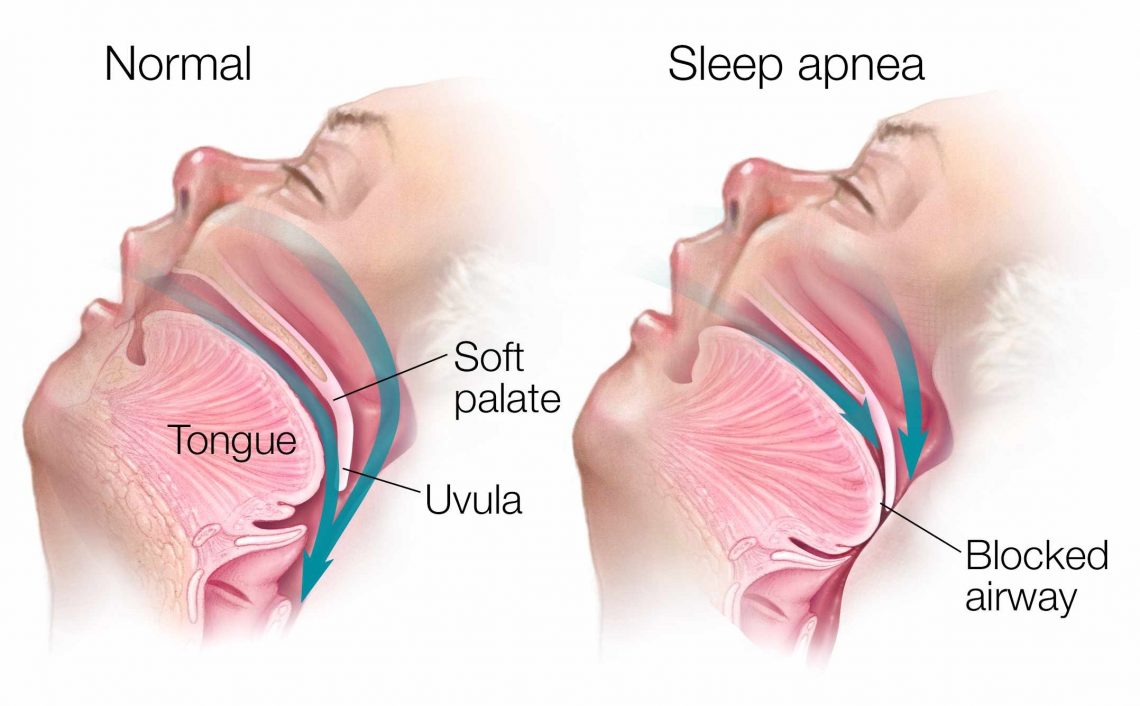
Sleep apnea is a potentially serious sleep disorder in which breathing repeatedly stops and starts. If you snore loudly and feel tired even after a full night’s sleep, you might have sleep apnea.
Main Types of Sleep Apnea Are
- Obstructive sleep apnea, the more common form that occurs when throat muscles relax
- Central sleep apnea, which occurs when your brain doesn’t send proper signals to the muscles that control breathing
- Complex sleep apnea syndrome, also known as treatment-emergent central sleep apnea, which occurs when someone has both obstructive sleep apnea and central sleep apnea
Symptoms
- Loud snoring
- Episodes in which you stop breathing during sleep — which would be reported by another person
- Gasping for air during sleep
- Awakening with a dry mouth
- Morning headache
- Difficulty staying asleep (insomnia)
- Excessive daytime sleepiness (hypersomnia)
- Difficulty paying attention while awake
- Irritability
Risk Factors of Sleep Apnea
- Being male
- Narrowed airway
- Excess weight
- Neck circumference
- Being older
- Family history
- Nasal congestion
- Smoking
- Use of alcohol, sedatives or tranquilizers
If left untreated, sleep apnea can increase the risk of health problems including
- Stroke
- High blood pressure
- Heart failure, irregular heart beats, and heart attacks
- Diabetes
- Depression
- Headaches
- Worsening of ADHD
Treatment
For milder cases of sleep apnea, your doctor may recommend only lifestyle changes, such as losing weight or quitting smoking. If you have nasal allergies, your doctor will recommend treatment for your allergies.
If these measures don’t improve your signs and symptoms or if your apnea is moderate to severe, a number of other treatments are available.
Therapies
- Continuous positive airway pressure (CPAP) – If you have moderate to severe sleep apnea, you might benefit from using a machine that delivers air pressure through a mask while you sleep.
- Other airway pressure devices – If using a CPAP machine continues to be a problem for you, you might be able to use a different type of airway pressure device that automatically adjusts the pressure while you’re sleeping
- Oral appliances – Another option is wearing an oral appliance designed to keep your throat open
Surgery
- Tissue removal – the doctor will remove tissues from the rear of the mouth and top of the throat
- Tissue shrinkage – shrink the tissue at the rear of your mouth and the back of your throat using energy (radiofrequency ablation). This procedure might be used for mild to moderate sleep apnea.
- Jaw repositioning- In this procedure, your jaw is moved forward from the remainder of your face bones. This enlarges the space behind the tongue and soft palate, making obstruction less likely.
- Implants – Plastic rods are surgically implanted into the soft palate after you’ve received local anesthetic.
- Nerve stimulation – This requires surgery to insert a stimulator for the nerve that controls tongue movement (hypoglossal nerve). The increased stimulation helps keep the tongue in a position that keeps the airway open.
- Creating a new air passageway (tracheostomy) – You may need this form of surgery if other treatments have failed and you have severe, life-threatening sleep apnea. In this procedure, your surgeon makes an opening in your neck and inserts a metal or plastic tube through which you breathe.
What We Offer
We at Almurshidi Medical Tourism will find the best doctors and hospitals to cater to your needs. We are partnered with a wide network of hospitals and clinics that provide top quality medical experience.
We provide free medical estimates, make medical appointments and provide several medical opinions if needed at no cost.
Contact Us
For more information contact us at +66822004040 or via WhatsApp


